With over 250 ethnic groups in Nigeria, each speaking their own language, Pidgin has become that bridge that brings us closer together.
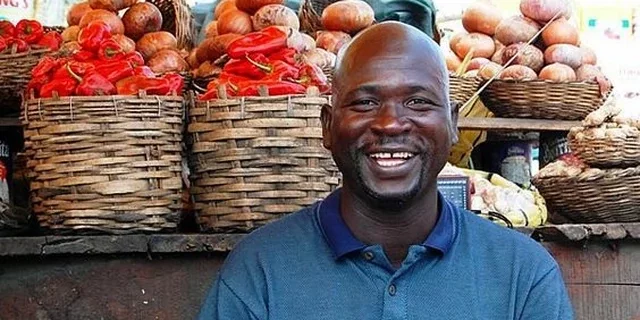
As a proud Nigerian, I've always been amazed by the pidgin language we use in our day-to-day interactions. When I banter with friends, talk with sellers in the market, argue with bus conductors and share laughter with family at home, I've sometimes thought, "Where did this language come from, and how did it come to be so widely used and accepted?"
With that question in mind, a desire to learn more about the birth of Nigerian Pidgin sprung up and I decided to find things out. What's the history that led to the creation of this language we all converse in?
Let's travel back to the 17th century when European traders arrived on the shores of what is now Nigeria to trade with our ancestors. Among these traders were the Portuguese, who started to communicate with our people. Due to the language barrier, a new kind of language had to be born for the sake of trade.
As they continued to interact in trade, a new way of speaking emerged, blending their Portuguese with our local languages. Consequently, many words in this language have Portuguese origins. For instance, words like "sabi," used in sentences such as "You no sabi da man?" meaning "Don't you know that man?", originated from the Portuguese verb "Saber" which means "To know".
As time went on, more European traders like the British, Dutch, and French joined in, and their languages mixed with the local tongues. This beautiful mix of cultures and languages gave birth to what we now call Nigerian Pidgin.
With over 250 ethnic groups in Nigeria, each speaking their own language, Pidgin became that bridge that brought them closer together. A Yoruba trader could easily make a deal with an Igbo customer using Pidgin, even with their different languages, they understood one another effortlessly.
As time went by, the influence of British colonization became evident. English became the dominant language, and it mixed with Pidgin, adding even more words and expressions to this language.
So, when you hear phrases like "How you dey?" or "Wetin dey happen?" you know that it's a combination of English and Nigerian Pidgin which is a mix of many other languages.
Today, Nigerian Pidgin has grown into a language that we can't help but use every day. It doesn't matter your age or where you come from; Pidgin connects us all.
What's incredible is that Nigerian Pidgin doesn't end within Nigeria's borders. Pidgin has travelled beyond, thanks to the Nigerian diaspora, Nollywood movies, and Afrobeat music. Countries like Equatorial Guinea, Cameroon, Ghana and many other countries of the world have embraced Pidgin.

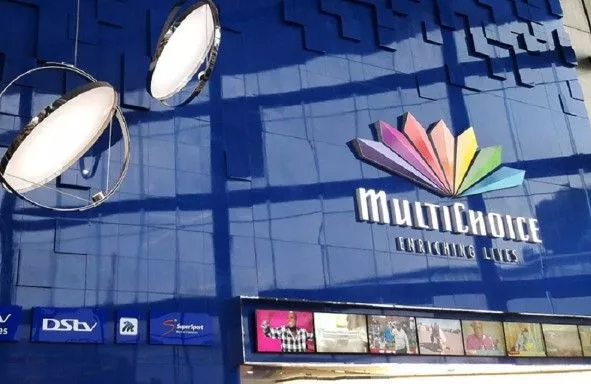




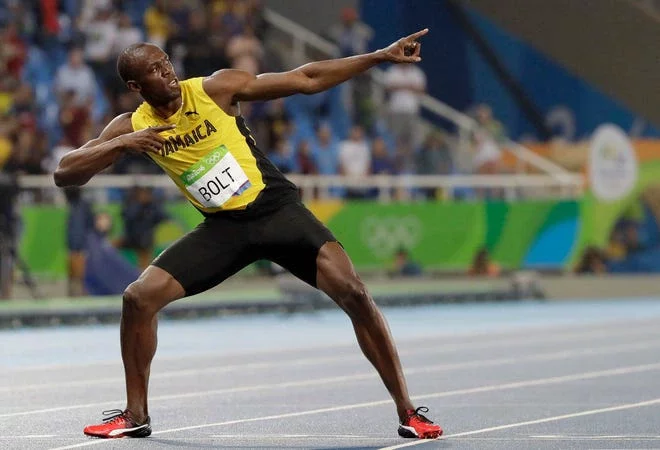
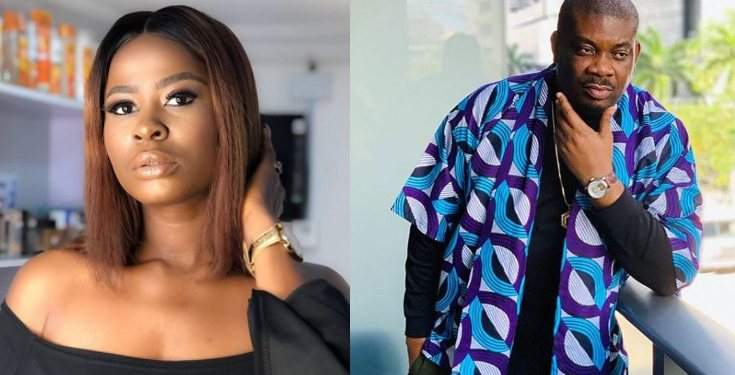
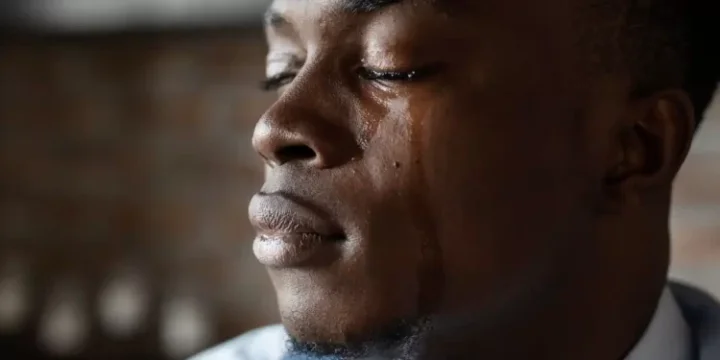





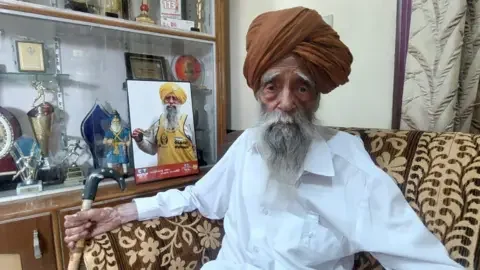


Comments